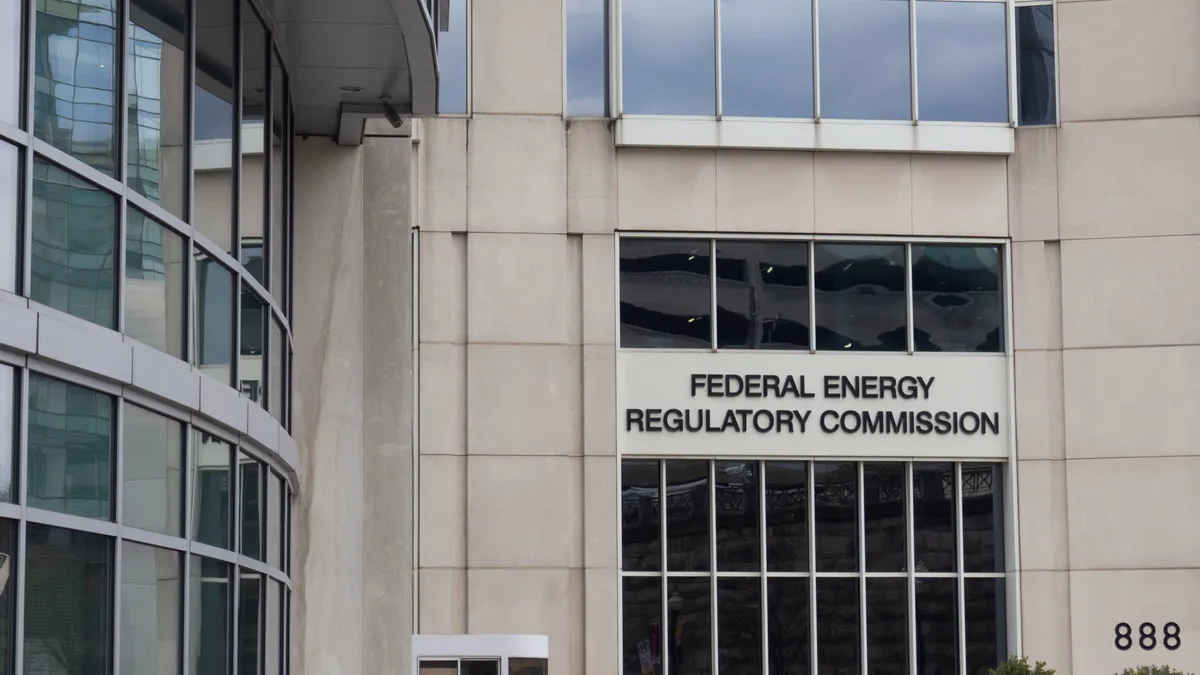Dive Brief:
-
New Jersey Gov. Phil Murphy on Monday signed an executive order directing the state to rejoin the Regional Greenhouse Gas Initiative, a cap and trade emissions program that includes nine Northeastern states.
-
The executive order directs the state’s Department of Environmental Protection and Board of Public Utilities to immediately begin negotiations to determine how to best re-enter the program. The DEP also is charged with creating a framework for allocating RGGI funds.
- The administration of former Gov. Chris Christie withdrew from RGGI in 2012, causing the state to fall behind in its emissions targets and forego $279 million in revenue from RGGI auction proceeds, according to the executive order.
Dive Insight:
If New Jersey follows through in joining RGGI, the CO2 cap and trade program could reach from the northern Maine border to the District of Columbia.
Current RGGI members include the six New England states along with New York, Delaware and Maryland.
New Jersey’s participation would reconstitute RGGI to its original membership, but the program’s footprint could expand further south if Virginia’s newly elected Democratic governor, Ralph Northam, follows through on the promise of his predecessor, Terry McAuliffe, also a Democrat. Northam was McAuliffe’s lieutenant governor.
Pennsylvania’s Gov. Tom Wolf (D) also is reported to be in favor of joining RGGI. That is unlikely to happen with a Republican controlled legislature, Jeff Tittle, director of the New Jersey Sierra Club, told Utility Dive.
Both Virginia and New Jersey have seen their greenhouse gas emissions rise in the last couple of years. Virginia has several coal-fired plants. New Jersey has shut all but three of its coal plants, but the state also recently brought online four gas-fired plants, Tittel noted.
Joining RGGI “is a step forward for New Jersey,” Tittle said, and “there is more to come.” He noted that nearly all the proceeds from RGGI’s emission allowance go to the individual member states where they are used for environmental programs of the states’ choosing. Those funds could help fuel investments energy efficiency programs or in renewable energy projects such as offshore wind, which lost support under Christie, but is likely to return to favor under Murphy, Tittle said.
Membership in RGGI could also lay the groundwork for state compliance with a possible federal climate change legislation down the road. One of the compliance mechanisms envisioned under the Environmental Protection Agency’s now defunct Clean Power Plan was membership in a regional cap and trade program.
New Jersey will, in fact, be better off under RGGI than it would have been under the Clean Power Plan, Murphy said. The RGGI standards are stricter.
Murphy’s move is also another example of states acting on climate change in the face of the efforts of “the fossil fool in the White House” to roll back environmental regulations, Tittel said.
Aside from the signal it sends to Washington and the much needed funds RGGI membership could bring to New Jersey, there is still an open debate on the efficacy of greenhouse gas cap and trade programs.
Advocates say such programs are a key part of any GHG reduction strategy. But critics attribute lower emission levels to other factors, such as economic pressure on coal plants and lower demand stemming from the Great Recession.
One of the limiting factors in efficacy of cap and trade programs is their gradual approach. Programs often start with an oversupply of emissions allowances in order to avoid sticker shock and adverse political reactions. But over time, emission limits are designed to grow more stringent.













